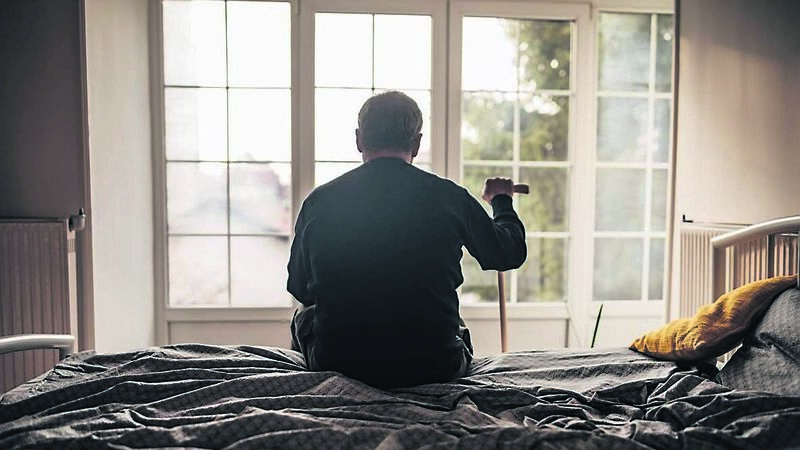Terry Prone: Even great nursing homes involve losing crucial everyday freedoms

People who are free take tiny everyday freedoms for granted — but we lose it all when we are consigned to a nursing home, even when it's ‘for your own good’. Stock picture: iStock















